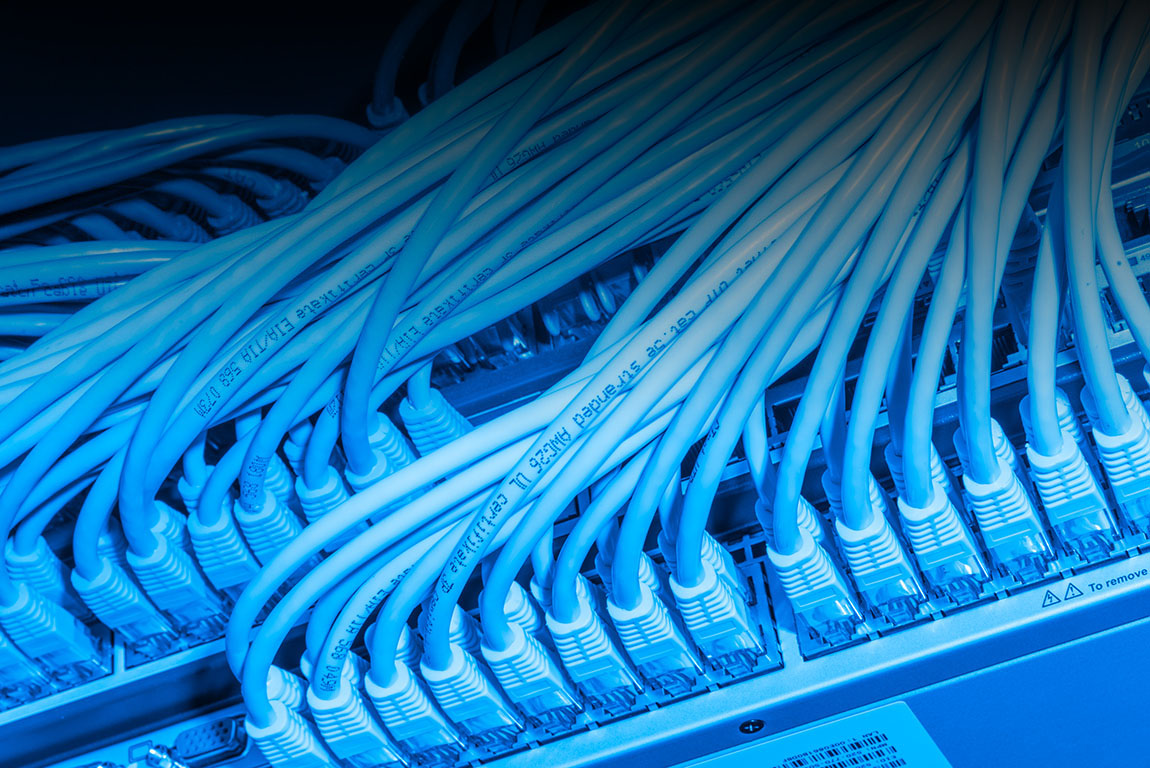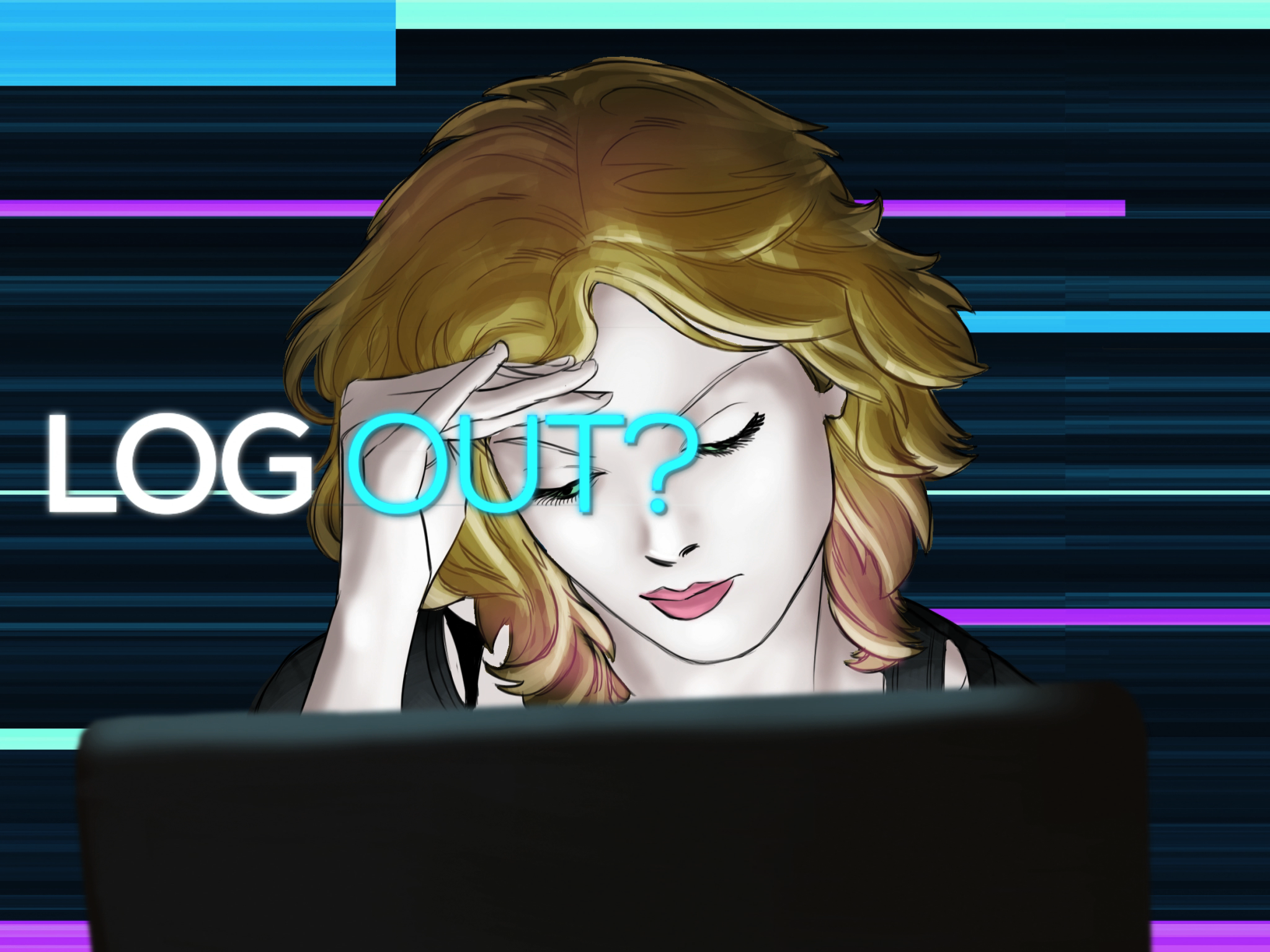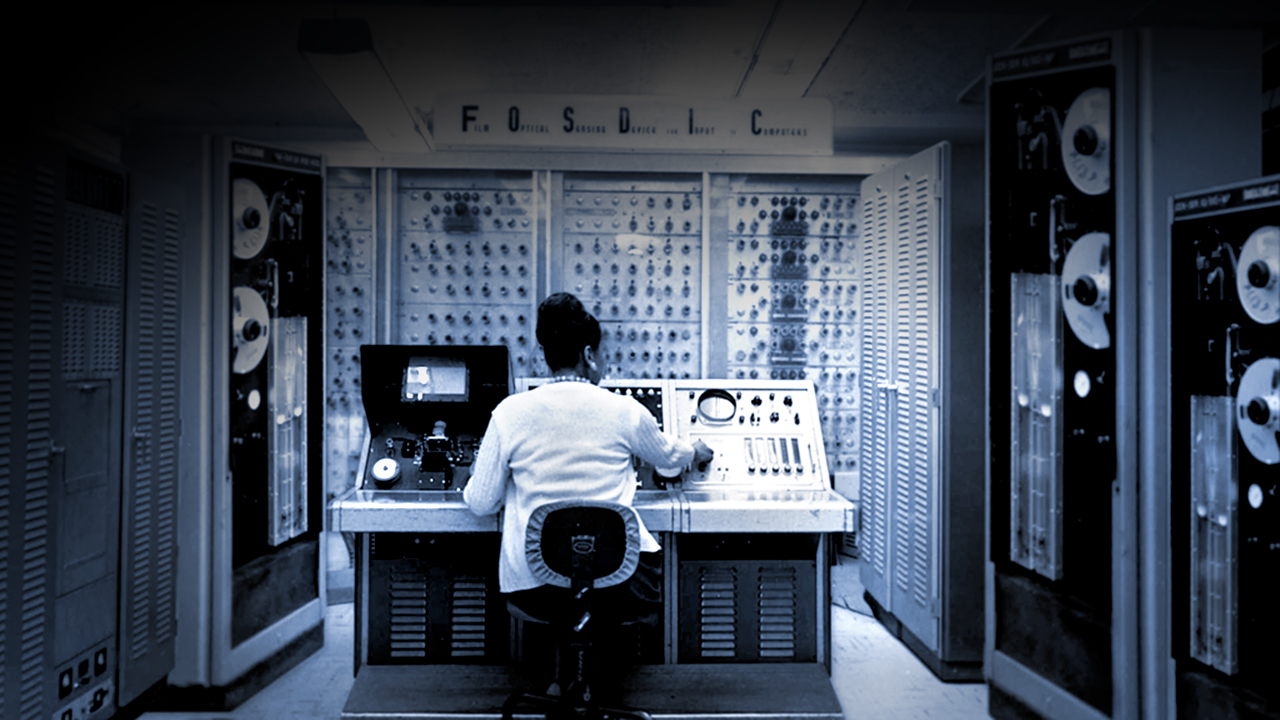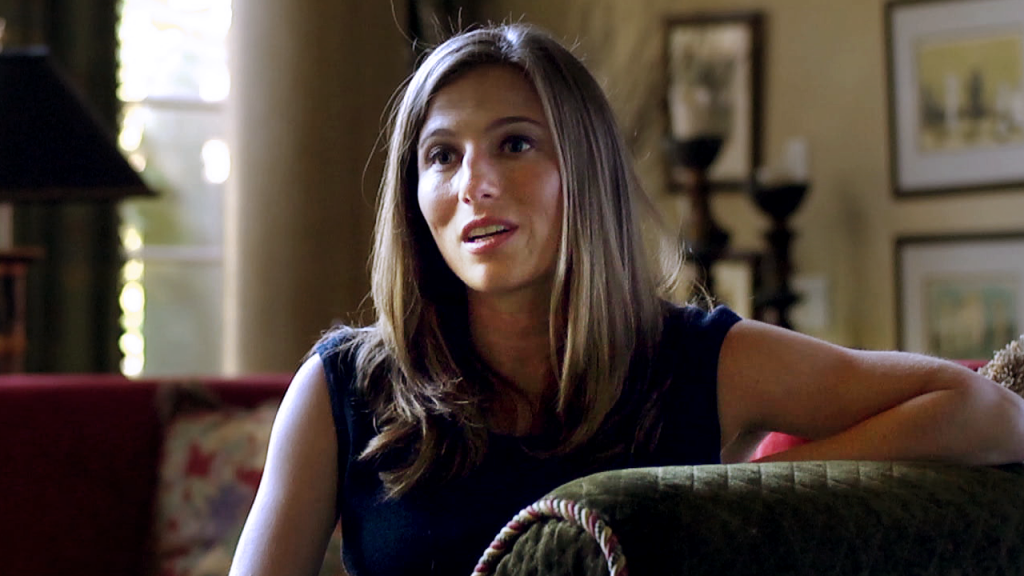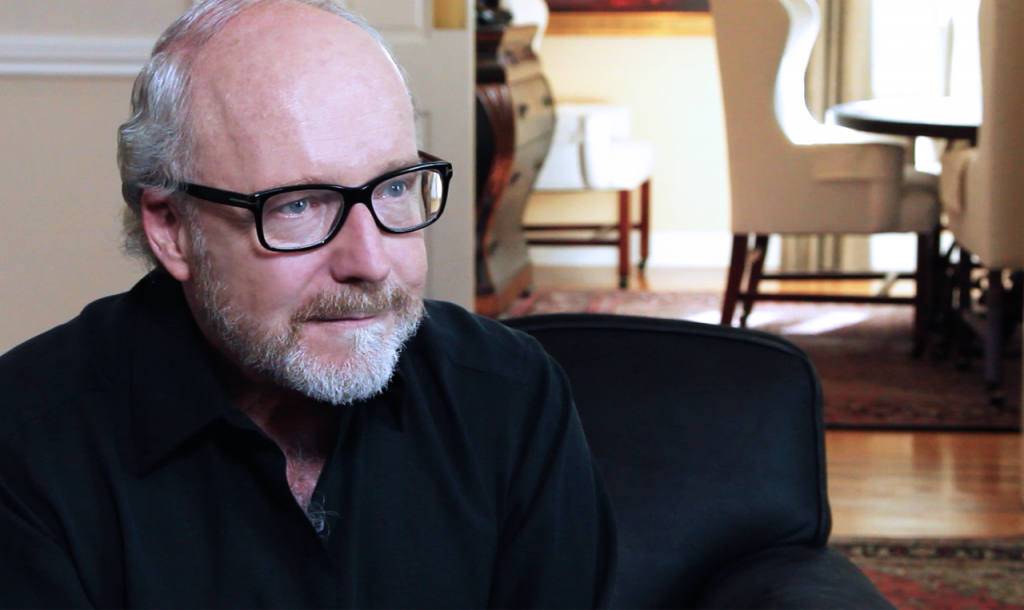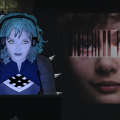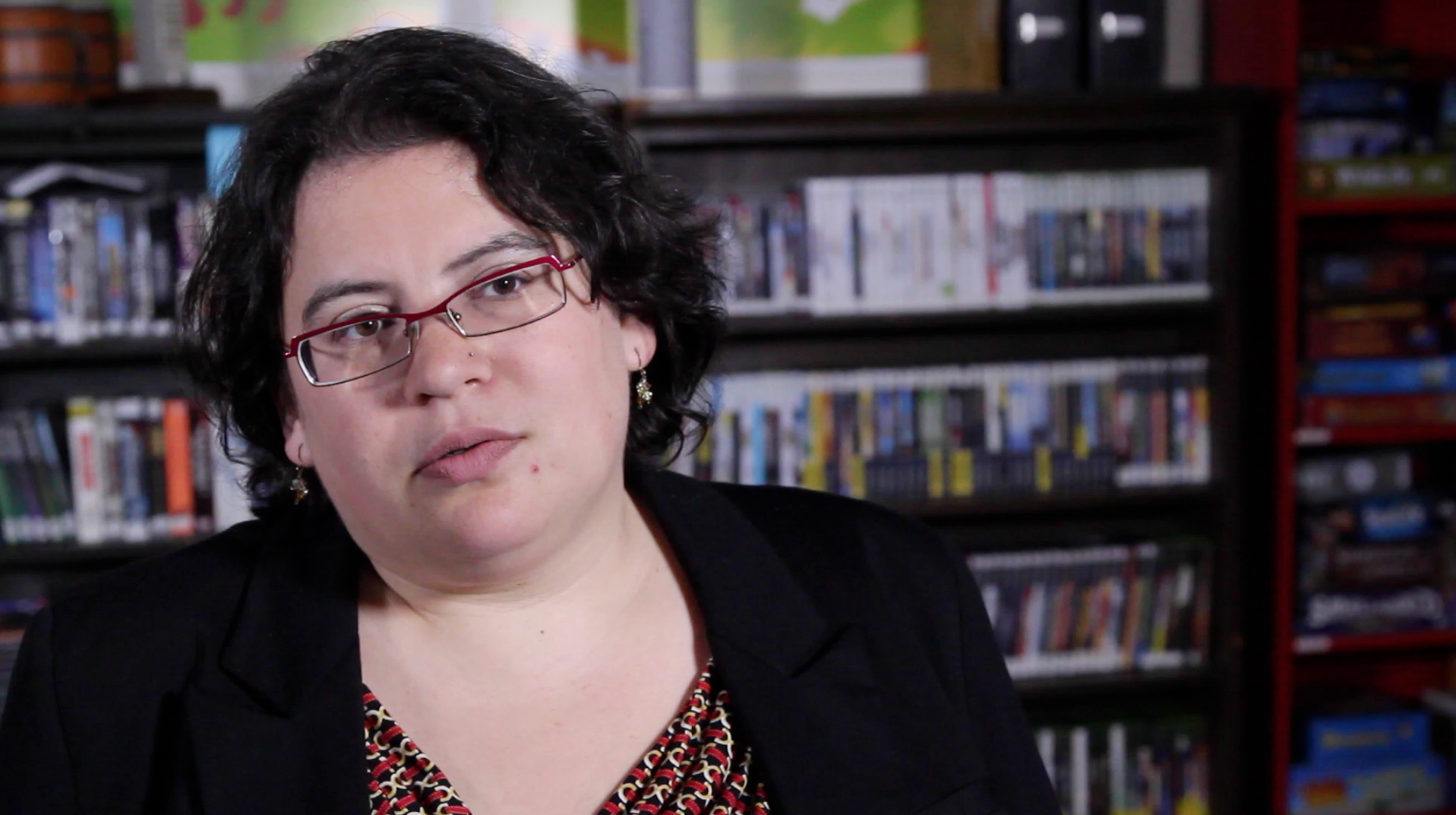There is a paradox to our relationship with the internet when it comes to empowerment and agency. Does it empower us or does it enslave us?
Perhaps it depends who you ask.
Celebrated filmmaker and one of the “women shaping the 21st century” Tiffany Shlain phrases the answer as more of a challenge: “you’re creating this tech, be empowered, it’s an extension of you.”
Agency becomes an extension of literacy, and our ability to properly wield the powerful tools that are available to us. For some the empowerment is derived from a confidence that comes through proficiency. For others disempowerment is a consequence of the anxiety that comes through not understanding how the technology can and should be used.
Lawyer and activist Erica Johnstone describes the dynamic and power that comes from having a high level of literacy in the digital age:
“The people who have really mastered being online take this sort of mindful Zen approach to technology where they control it and they use it to help them carry out their tasks during the day but they are not underneath it drowning and if you don’t have that approach to technology I think that it’s so easy to get overwhelmed by all the information and all the content out there and it’s so addicting.”
The reason literacy plays such an enabling and empowering role is the requirement for rapid learning in the digital age.
It’s not as if there’s a finish line to the Internet, a point where you can say you’re finished, and you’ve learned it all! On the contrary, lifelong learning is the new norm, and those who embrace their own daily education are empowered and find navigating society a breeze.
Literacy is not just the ability to read, but at a more fundamental level the ability to recognize patterns. The ability to read text and actually comprehend. The ability to surf the web and find that needle in the haystack you sought out to find.
Tiffany Shlain hits the issue on the nose: “Connecting deeply requires attention and attention is the mind’s most valuable resource.”
Perhaps it is the attention deficient culture that makes it difficult for many to make that connection, whether with other people, or with the emerging tools and environments that can be empowering.
John Hagel, the founder of the Deloitte Center for the Edge brings this back to a question of intuition: “instinctively we have a sense that we can do things in the virtual world that not only are possible but are really good and fulfilling for us as individuals.”
How do we slow down? How do we take the time to focus when we live in such a fast paced world?


